The Second On-Site Workshop in Kyoto
Published in Kyoto Keizai Center Building, Kyoto, Japan, 2023
The second DARUMA workshop was held in Kyoto between May 16 and May 17, 2023.
On the first day the project partners from Kyoto University (Japan), TU Munich (Germany), Budapest ME (Hungary), UC Madrid (Spain), and Hitachi (Japan) had an internal project meeting at Katsura Campus, Kyoto University. Each group provided updates and we discussed steps to complete our project goals within the remaining year. A focus of the discussion was the input data for the deep learning models and the resilience indicators.
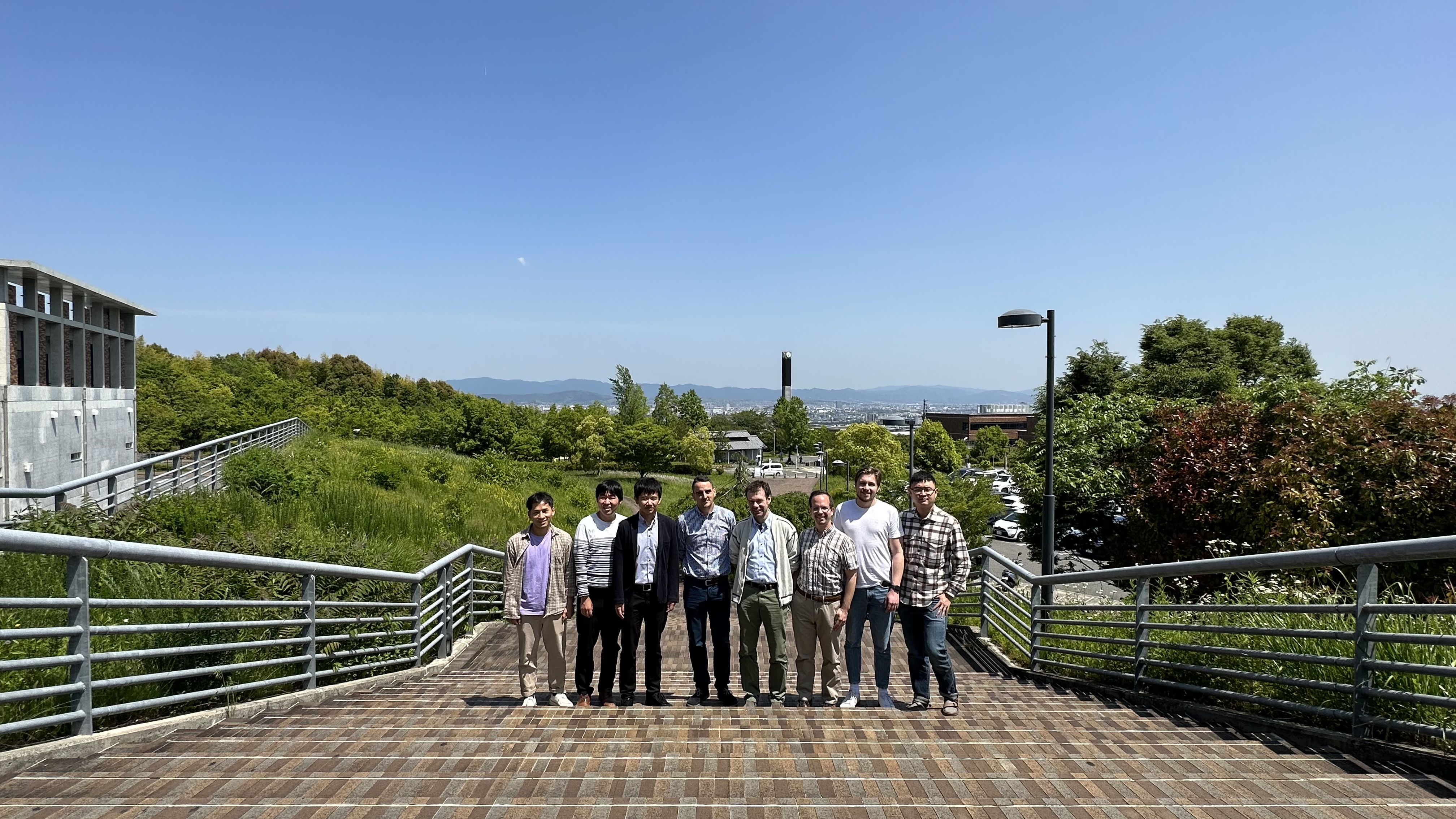
On the second day, the team as well as the guests from Miyazaki University, Hiroshima University, and Tokyo University of Science, conducted a public workshop and had a broad and intensive discussion regarding the topic of transportation resilience evaluation under natural disasters and events such as COVID-19. Project participants also received useful and positive feedback from JST, the funder from the Japanese side, in terms of the project process and outcomes.
Dr. Jan-Dirk Schmöcker from KU opened the workshop and introduced all project participants from different universities/companies, the guests from other universities who came to share related works on the transportation resilience topic, and the guests from JST. Dr. Schmöcker then introduced their work on Google popular times (GPT) data analysis and their latest process of using GPT data to estimate the OD demand patterns within the urban area.
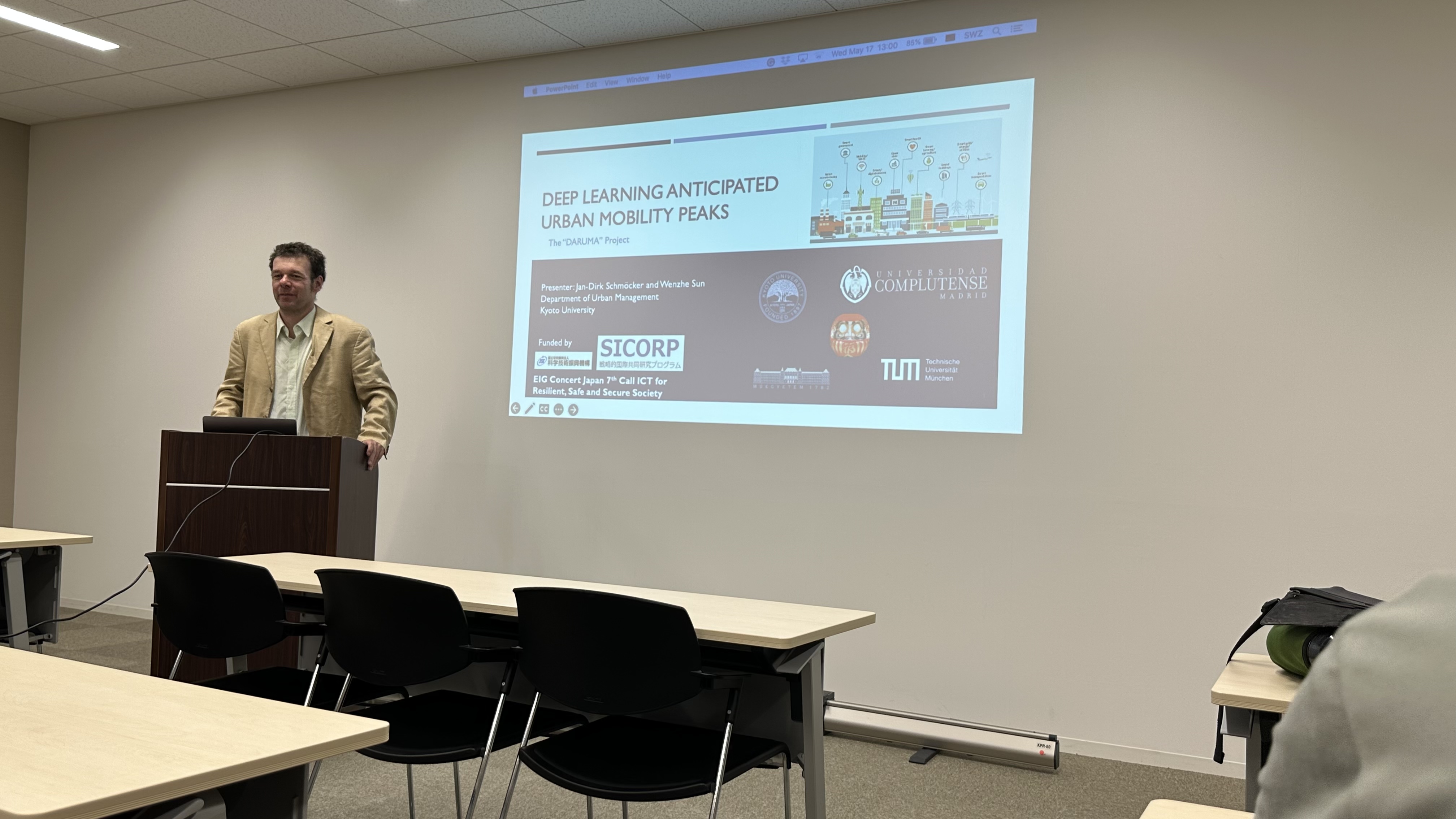
Dr. Wenzhe Sun from KU continued their presentation on the development of the deep learning framework for predicting the presence of people. In particular, the framework illustrates the approach to fusing different datasets, including both static (e.g., POI counts) and dynamic (e.g., activity busyness rate) data and simulation data, to construct the features of the graph convolutional network (GCN). The next step of this work is to integrate the temporal correlation by using temporal convolutional networks (TCN) or long short-term memory (LSTM) models.
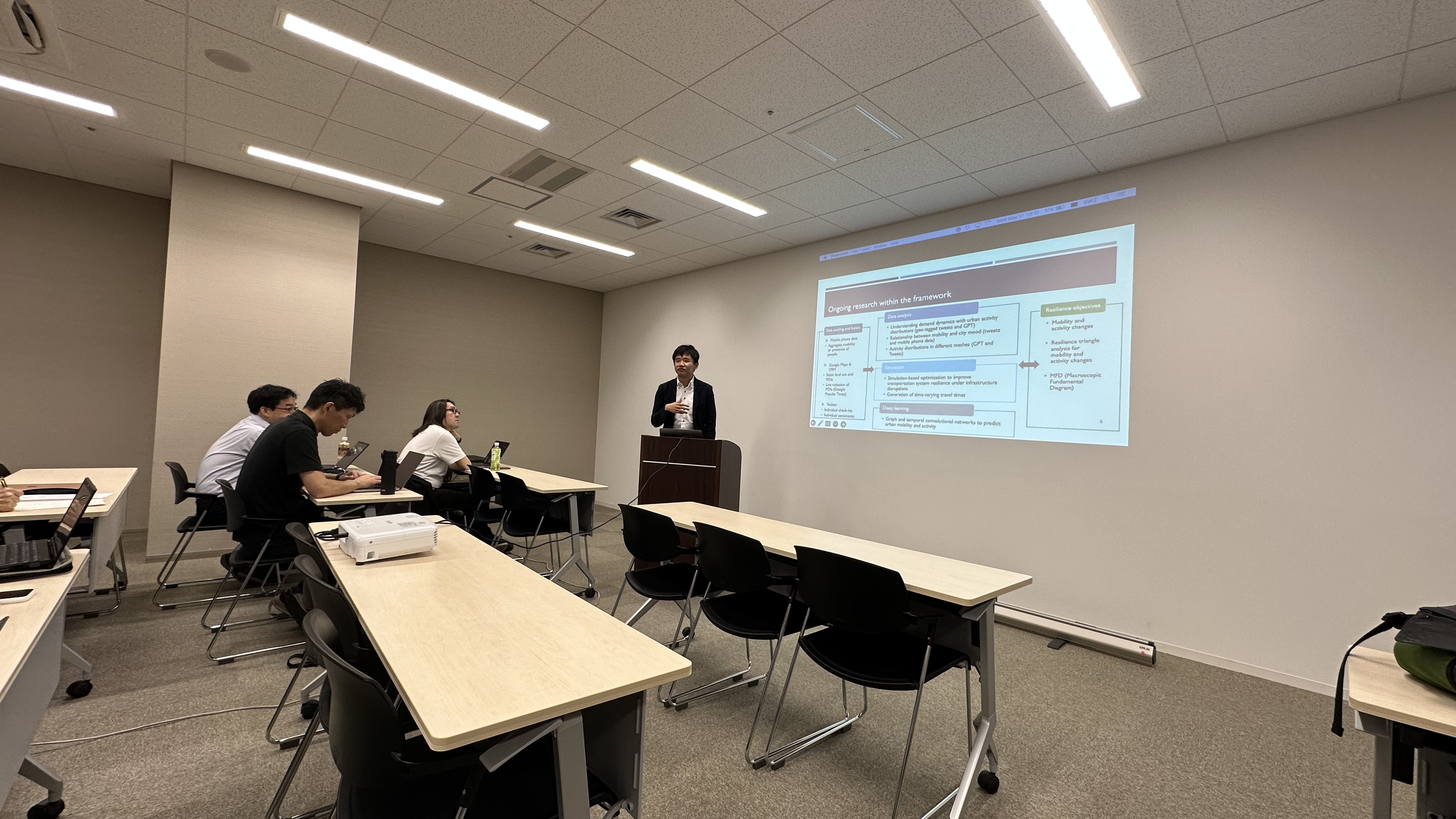
Dr. Hiroshi Shimamoto from Miyazaki University presented work on the evaluation of the short-term and medium-term impact of COVID-19 on public transit ridership. The Bayesian structural time series (BSTS) model is applied to extract the patterns from the time series of public transit ridership data for analysis.
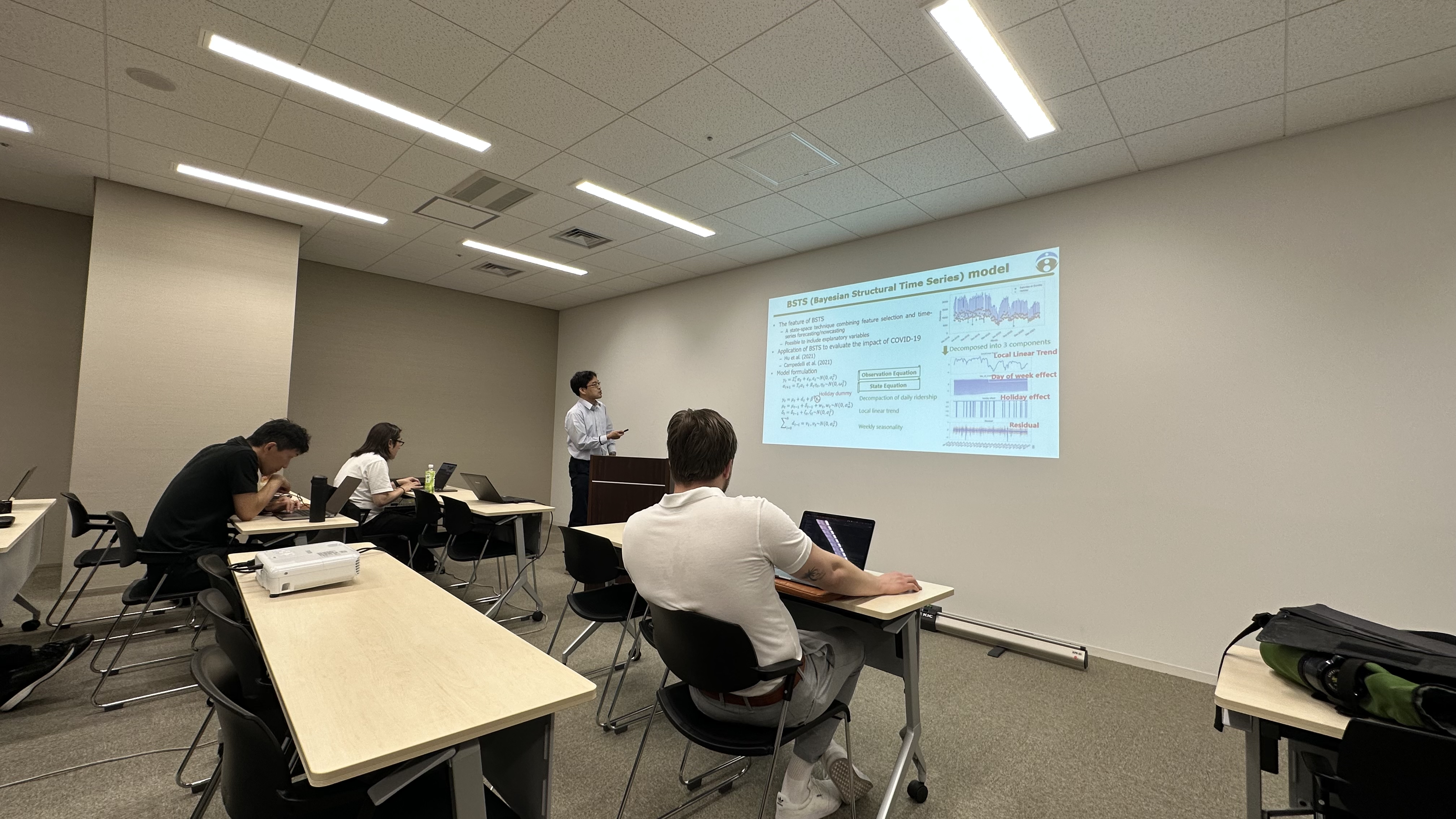
This was followed by a presentation from Jiannan Dai from KU. He introduced a process for the analysis of activities within the neighborhood of main railway stations in Japan with a focus on the drop of different activities during COVID-19.
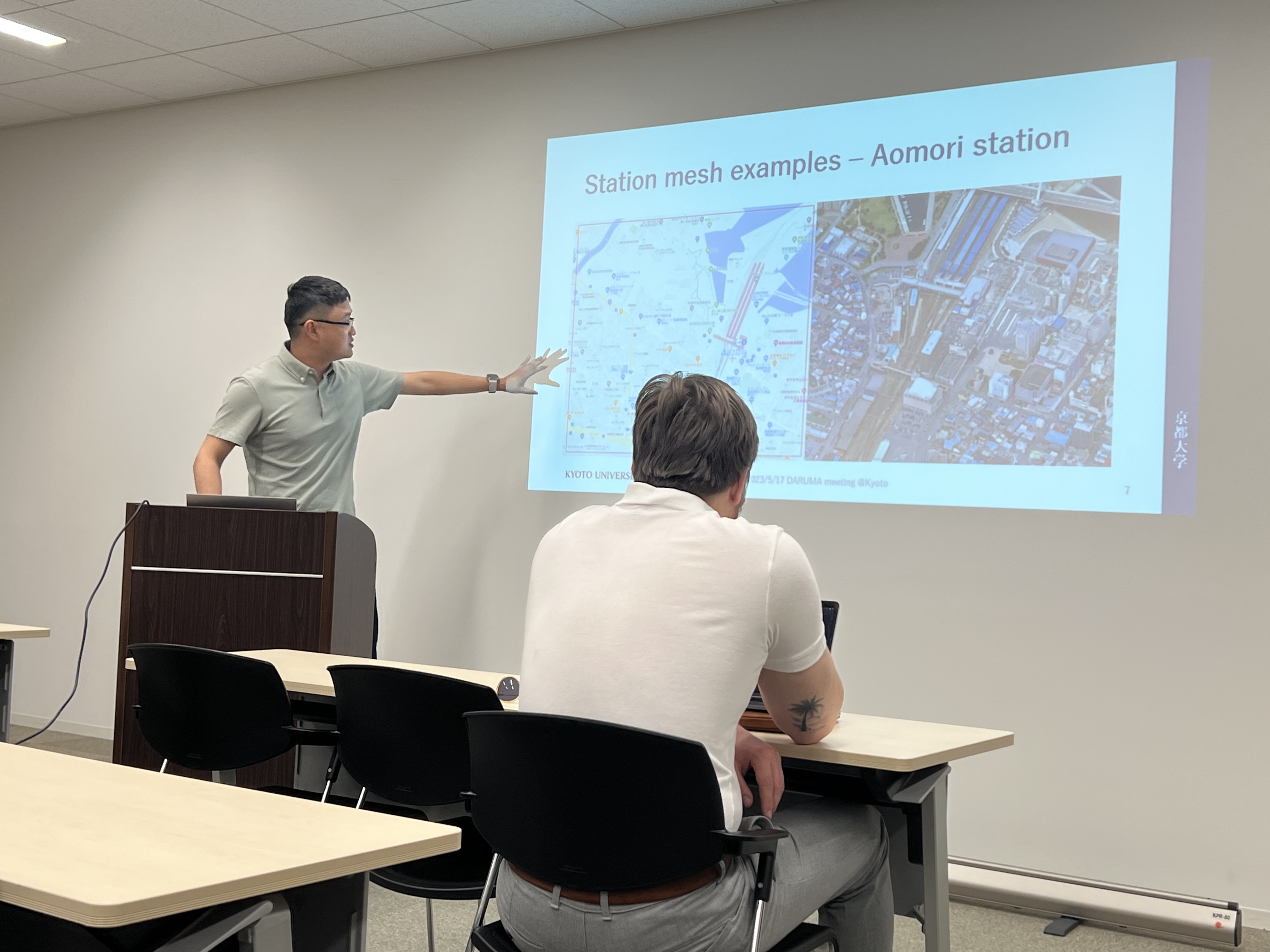
Then, Enrique Iglesias from UCM presented their work on the analysis of the resilience of urban activities during a heavy snowfall event that occurred in Madrid, Spain, using GPT data. Apart from COVID-19, the DARUMA project also focused on the influence of natural disasters like snowstorms. The resilience of cities to such events is also of utmost importance to the life of citizens and the urban economy.
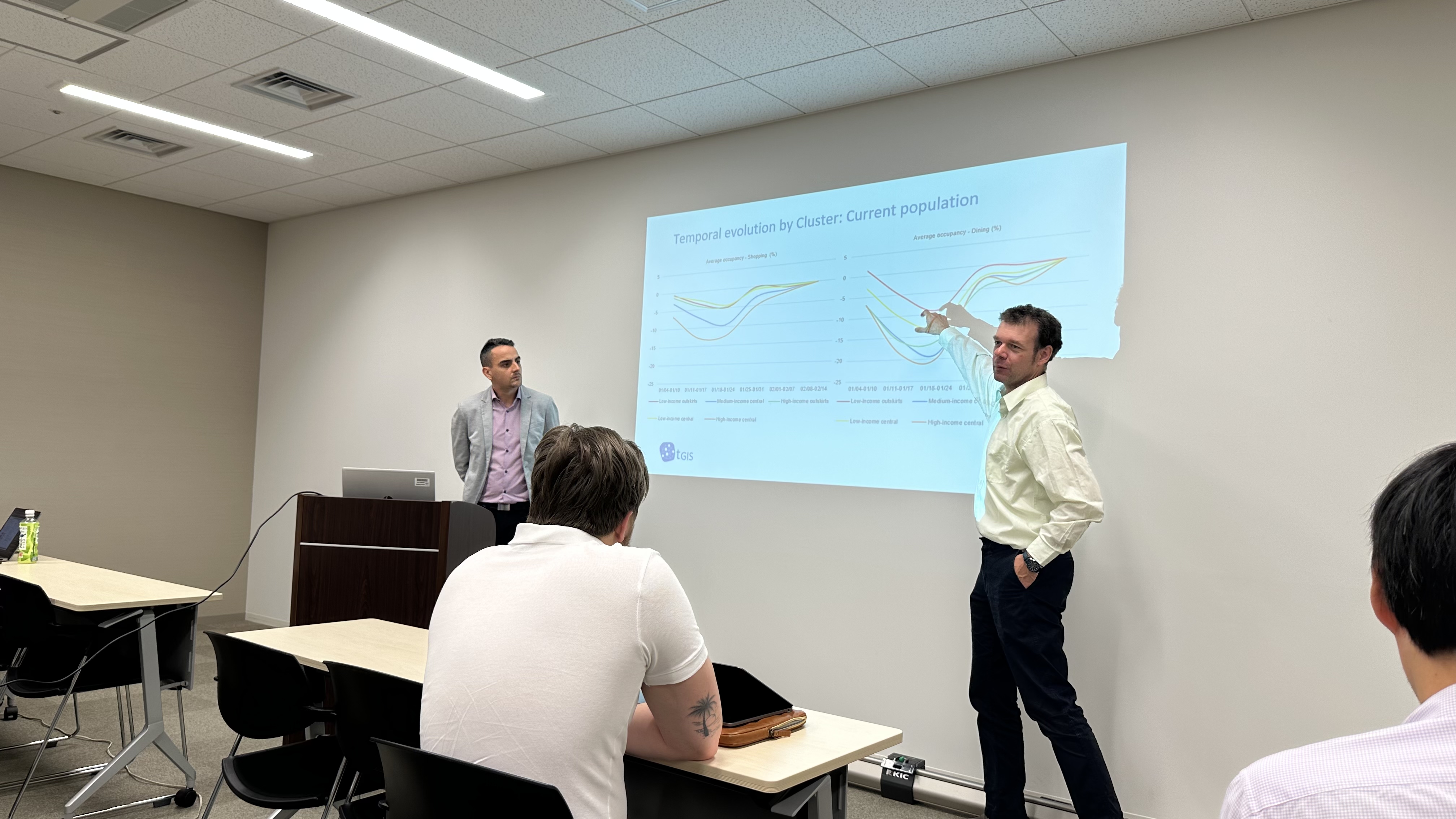
After a short coffee break, Dr. Makoto Chikaraishi from Hiroshima University presented his research on the applicability of various machine learning models during a transportation network disruption, with a particular focus on the ability to predict traffic states and the interpretability of the results. The analysis was conducted using data obtained during a massive transport network disruption in Hiroshima in July 2018 due to heavy rain and subsequent landslides.
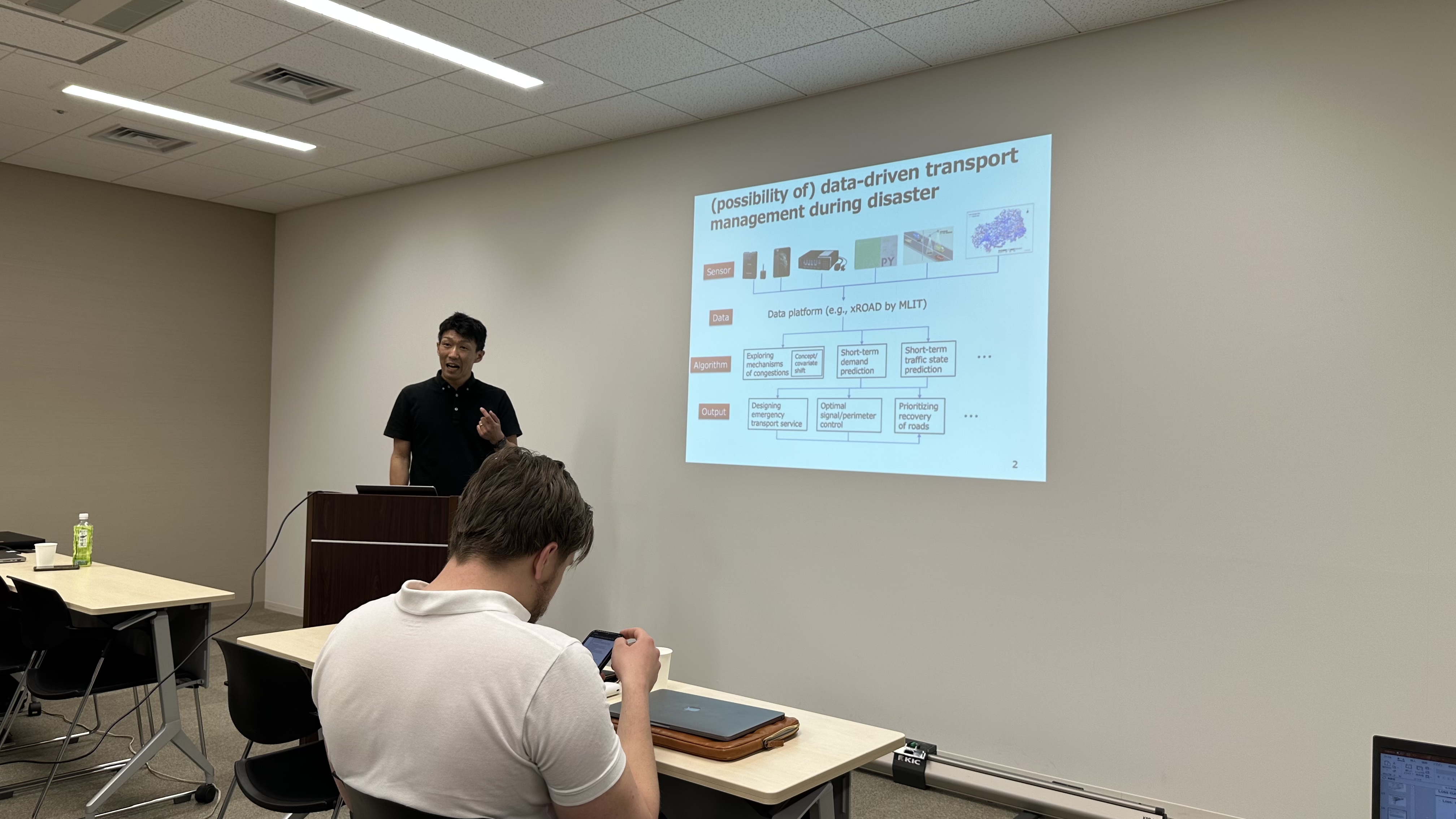
Later, Dr. Hideki Yaginuma from the Tokyo University of Science presented his work on integrating the multinomial logit and deep learning models for mode choice prediction with the consideration of model interpretability.
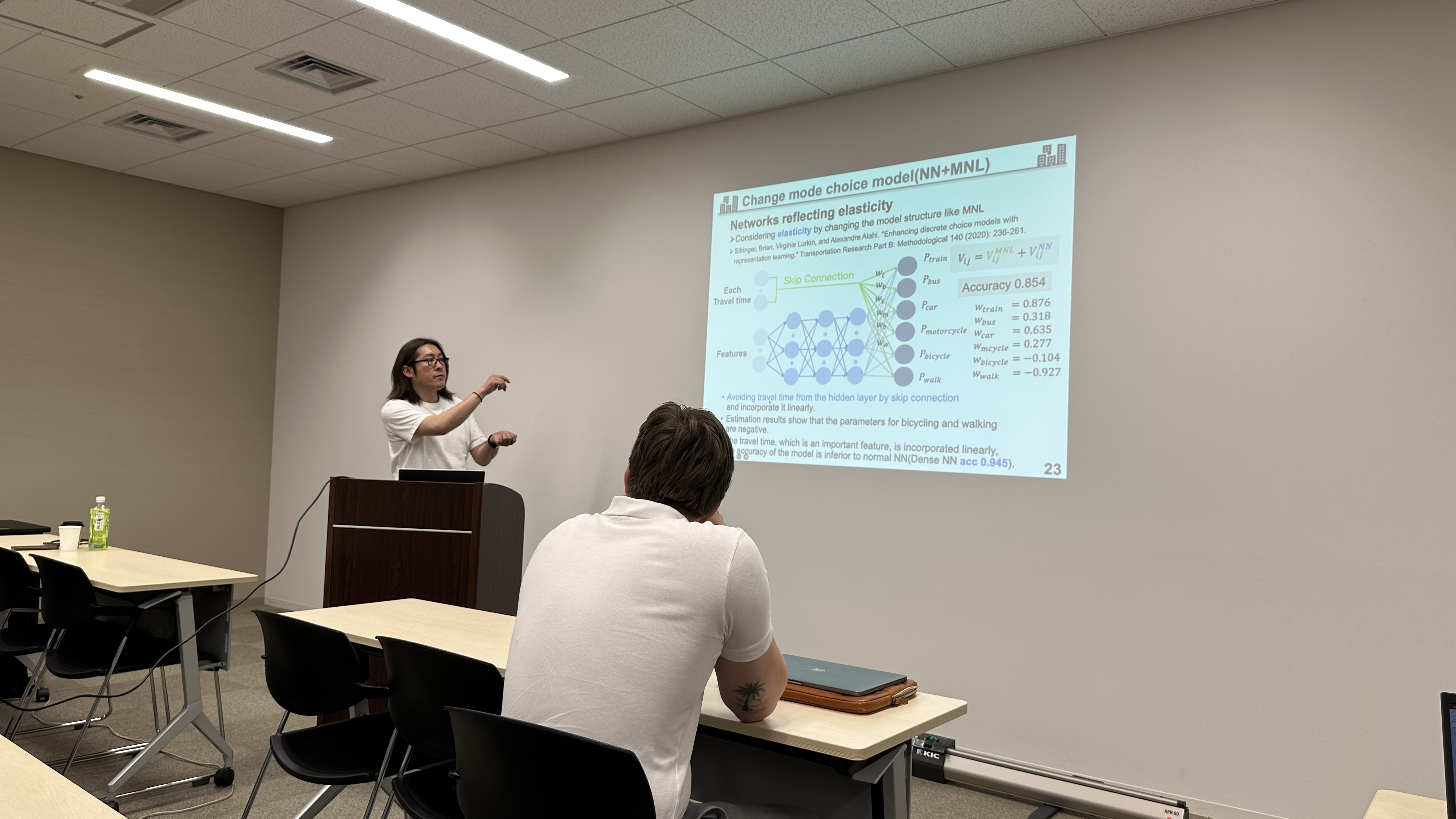
Mr. Kouji Fukuda from Hitachi presented their work on the national well-being of different population groups using AI approaches.
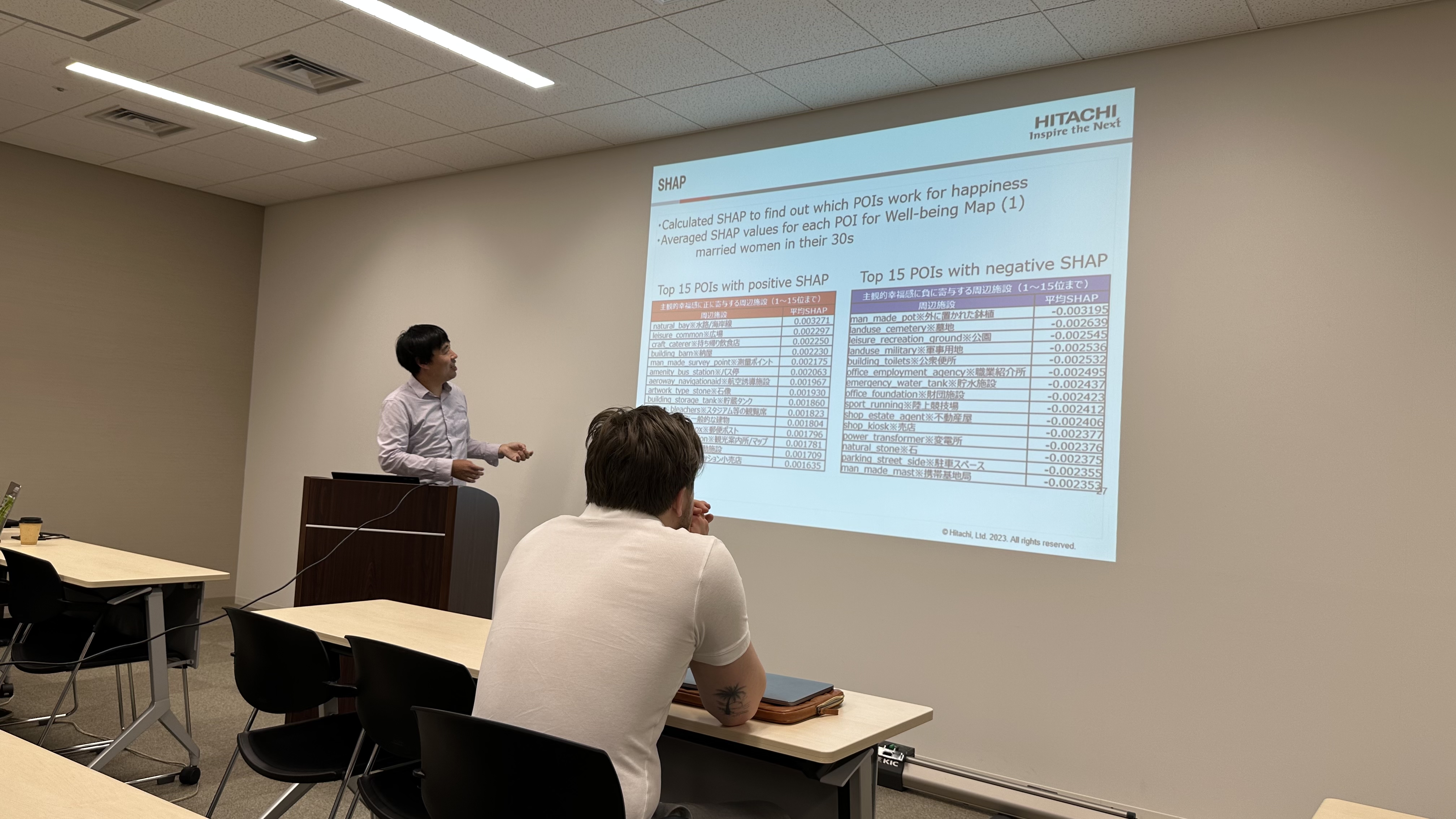
Finally, all participants had an open discussion regarding the resilience indicators under different disaster contexts. Prof. Tanaka, scientific adviser for the JST SICORP scheme, closed the workshop with key comments on the project process, outcomes and a description of JST.
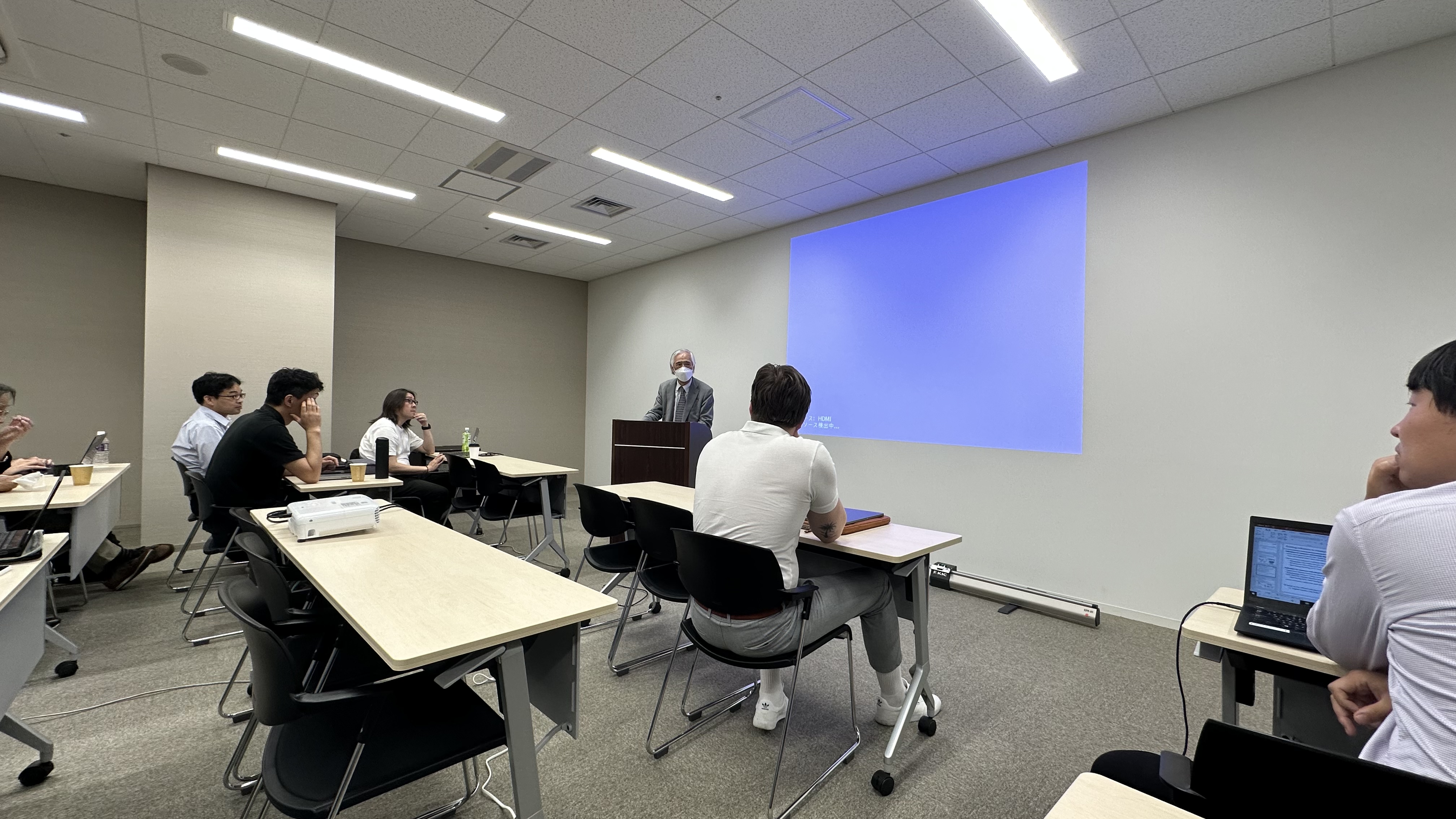
After the workshop, all participants had dinner together.
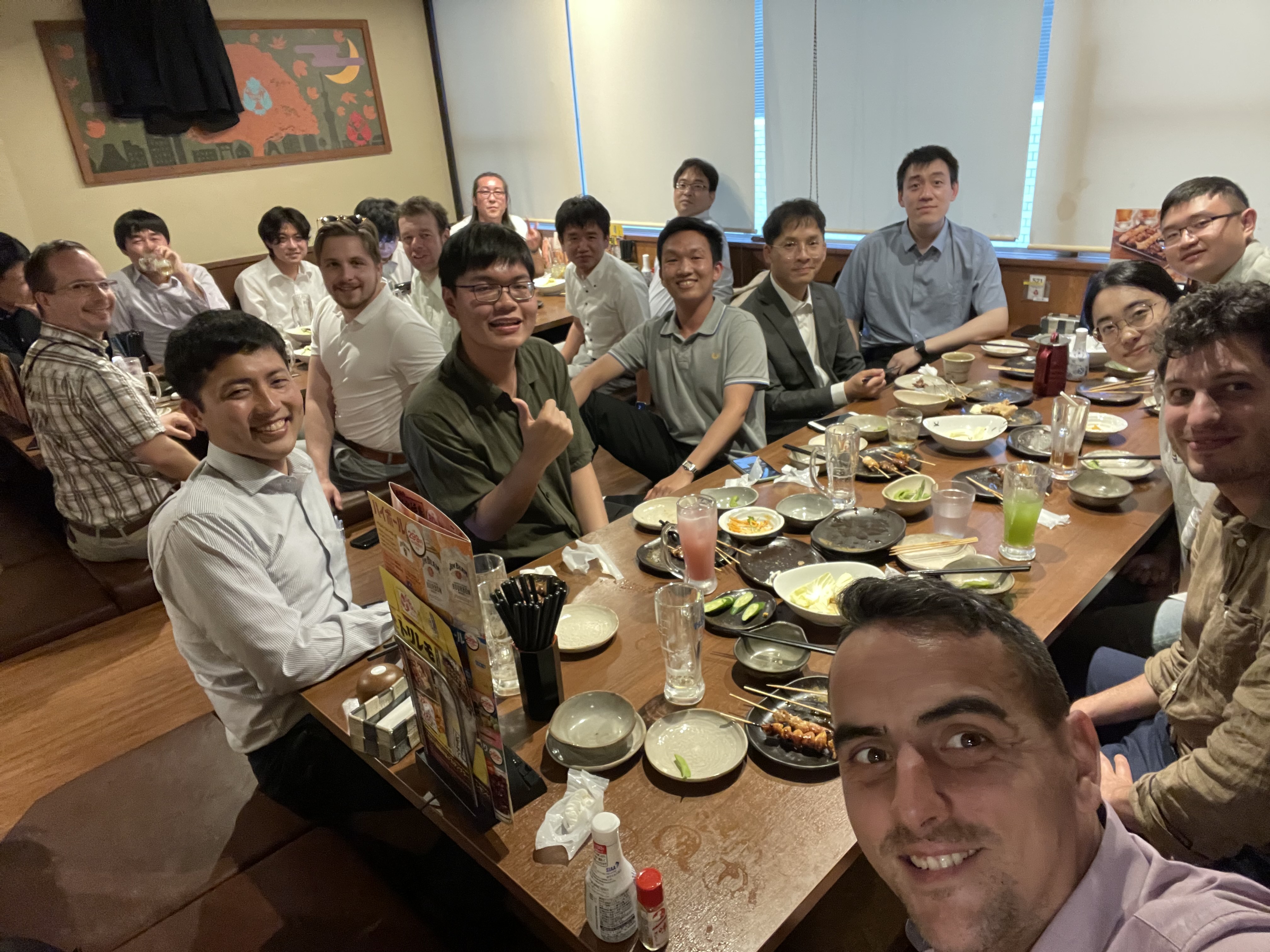
We would like to thank Kyoto University for organizing this workshop and all project partners from Munich, Madrid, and Budapest for participating in discussions about the concerning topics. We would also like to thank our guests from Miyazaki University, Hiroshima University, and Tokyo University of Science for joining the workshop and for their contributions to this workshop with their valuable experience in transportation resilience evaluation. Finally, we particularly want to express our gratitude to Prof. Tanaka and other members from JST for attending this workshop and providing very useful comments and advice on the DARUMA project.